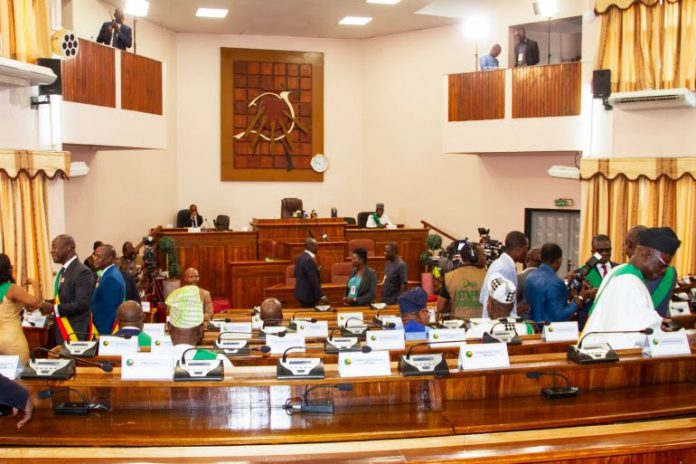Parliamentarians in Benin have voted to legalise abortion in the country, where it was already authorised under very restricted conditions.
Under the new law, passed late on Wednesday, women can terminate a pregnancy within the first three months if it is likely to “aggravate or cause material, educational, professional or moral distress, incompatible with the woman or the unborn child’s interest”.
Previously, abortion was authorised if pursing the pregnancy “threatened the life of the mother”, was “the result of a rape or incest” or when “the unborn child has a particularly severe affection”.
After a heated debate in the parliament, with some legislators strongly opposed to legalising abortion further, the amendment finally passed.
Meanwhile, several countries in Africa have total bans on abortion, including Congo-Brazzaville, the Democratic Republic of Congo, Djibouti, Egypt, Guinea-Bissau and Senegal.
“In Benin, nearly 200 women die each year as the result of abortion complications,” said Minister of Health Benjamin Hounkpatin in a statement on Thursday.
“This measure will be a relief for many women who face undesired pregnancies, and are forced to put their lives in danger with botched abortions,” he added.
The minister said that complications from abortions were the cause of 20 percent of maternal deaths in the country.
“It is because of this public health threat that the government has taken its responsibilities by submitting a text that lawmakers have passed,” Hounkpatin explained.
He said the new measure’s “unique goal” was to “save human lives” and that “voluntary termination of pregnancies will remain a last resort”.












